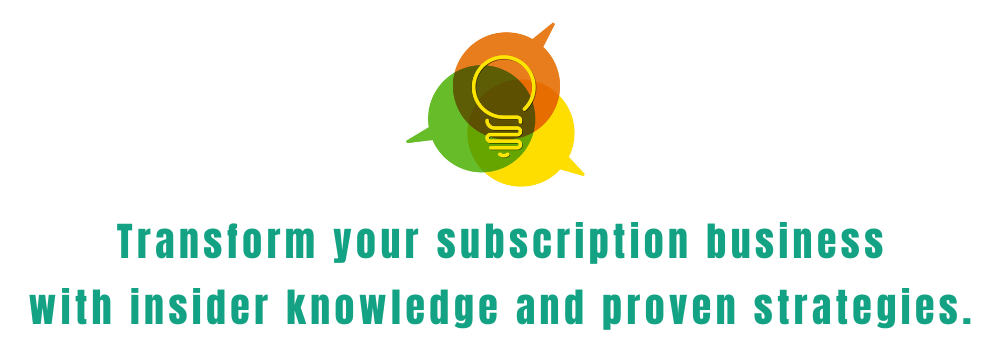U.S. Sales Tax Primer for Membership and Subscription Sites
Lorem ipsum dolor sit amet, consectetur adipiscing elit. Ut elit tellus, luctus nec ullamcorper mattis, pulvinar dapibus leo.
Contents
Quick Overview
4 Steps for Compliance
Case Study Example
Handy Table of Sales Tax Rates by State
More Resources
Quick Overview
Sales tax for U.S. subscription and paid content sites can be a nightmare. Our handy guide includes an info table by U.S. state, vendor recommendations, a case study on relevant New York sales taxes, and a must-read overview of how to figure out where you have a "business nexus" and how taxes can vary by city (not just state!) In 1992, the US Su...
HELLO!
This premium article is exclusively reserved for Subscription Insider PRO members.
Want access to premium member-only content like this article? Plus, conference discounts and other benefits? We deliver the information you need, for improved decision-making, skills, and subscription business profitability. Check out these membership options!
Learn more about Subscription Insider PRO memberships!
Already a Subscription Insider PRO Member?
Please Log-In Here!
- Filed in Best Practice and How To, FInance, Subscriber Only








